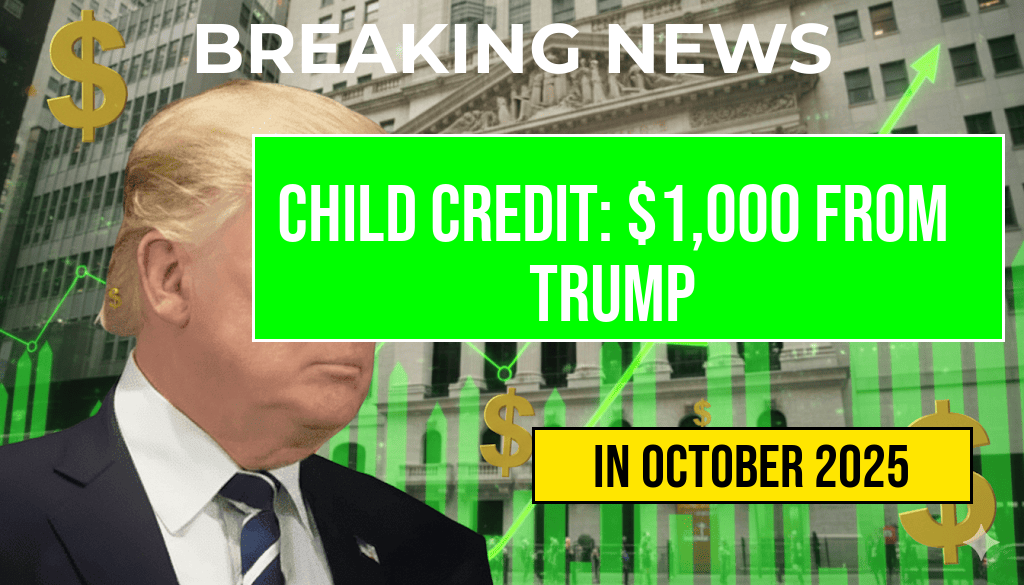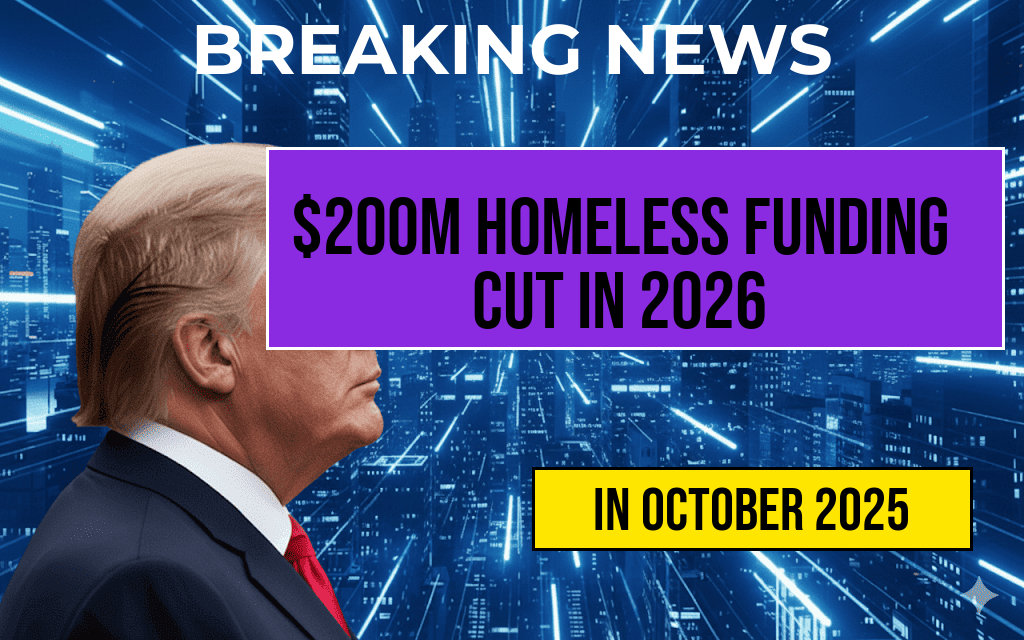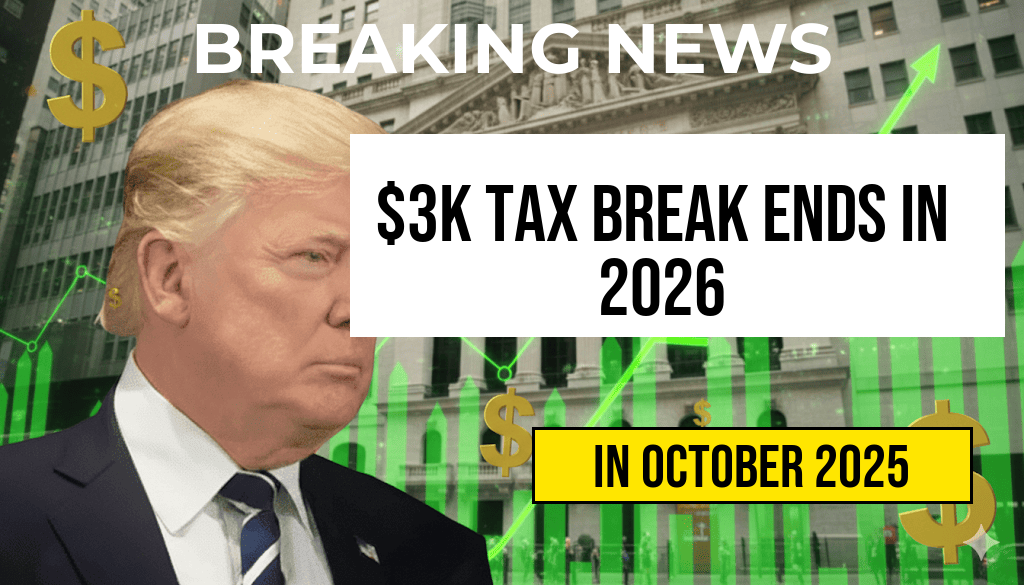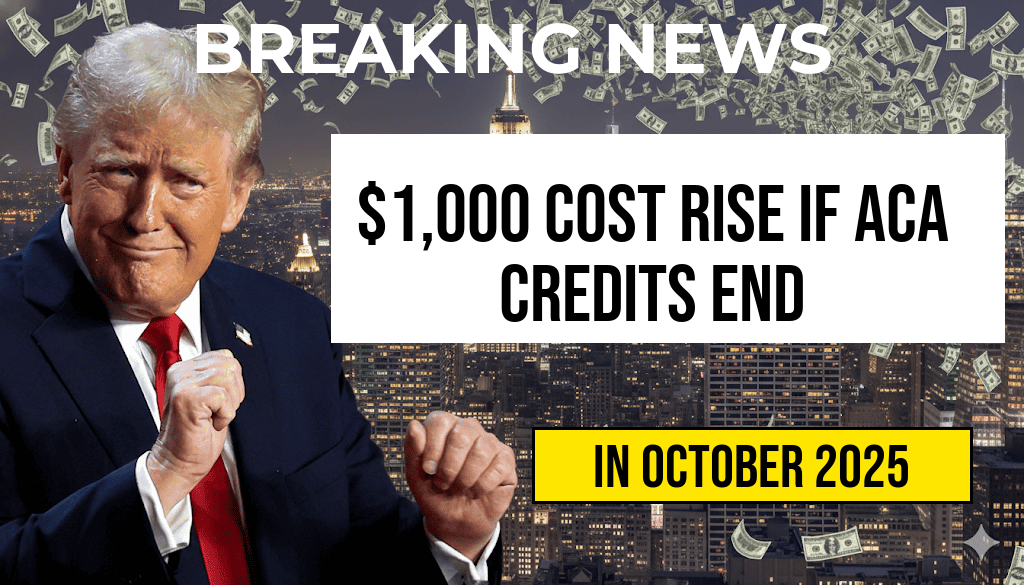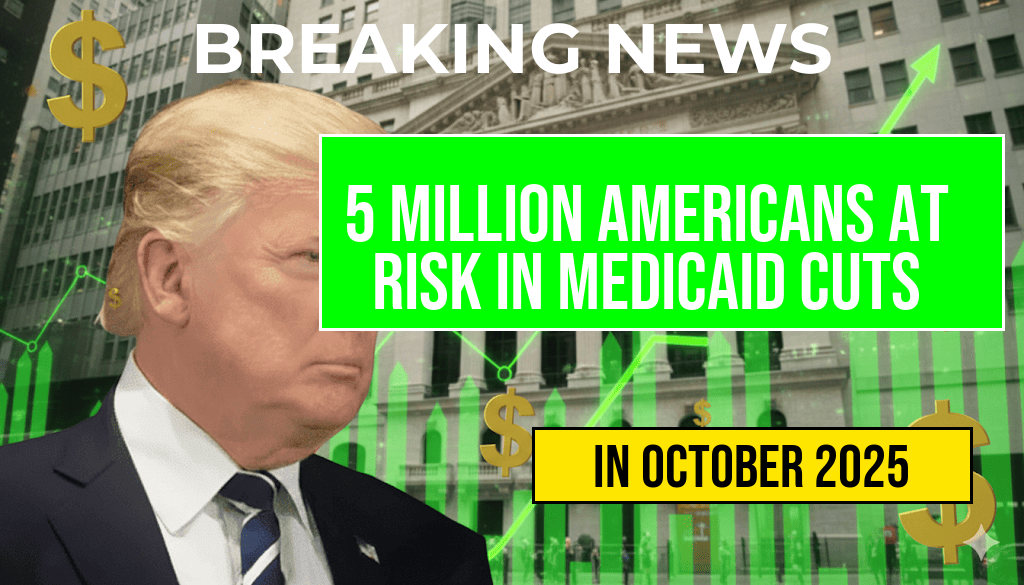In a move that has sparked widespread discussion across political and economic circles, the Biden administration announced a new initiative promising a $1,000 “Trump Account” credit for every child born or adopted in the United States starting in 2025. The program, aimed at boosting financial security for American families and fostering long-term savings, is part of a broader effort to address economic disparities and promote early childhood investment. According to officials, the grant will be automatically deposited into a dedicated account associated with each child’s social security number, with the goal of encouraging families to save and plan for their children’s future. The initiative is expected to impact millions of families nationwide, though it has already drawn both praise for its potential benefits and criticism over its funding and political implications.
Details of the “Trump Account” Program
How the Credits Will Be Distributed
- Every child born or adopted in the U.S. from January 1, 2025, will be eligible.
- The $1,000 credit will be deposited automatically into a dedicated account linked to the child’s social security number.
- Funds can be used for education, healthcare, or other approved expenses once the child turns 18.
- The program is designed to be ongoing, with annual credits issued for qualifying children born each year.
Funding Sources and Budget Considerations
The Biden administration has indicated that the program will be financed through reallocations within the federal budget, emphasizing that it will not require new taxes. The initiative is projected to cost approximately $4 billion annually, based on current birth rate estimates, according to the Department of Treasury. Critics, however, have questioned whether this allocation is sustainable amid competing priorities, while supporters argue that investing in children now will yield long-term economic benefits, including reduced poverty rates and increased educational attainment.
Political and Public Reactions
Support from Advocates and Some Policymakers
Proponents see the “Trump Account” as a practical step toward addressing generational economic gaps. Senator Lisa Martinez (D-CA) praised the initiative, stating, “Providing every family with a head start in savings is a forward-thinking approach that can lift millions out of poverty and foster economic independence.” Child welfare organizations have also expressed optimism, emphasizing the importance of early financial security in shaping children’s futures.
Criticism and Concerns
Opponents, including some Republicans and fiscal conservatives, question the program’s cost and political motives. Senator Richard Collins (R-TX) argued, “This appears to be a political stunt that diverts attention from more pressing economic issues.” Others worry that the funds might be misused or that the program could set a precedent for future government-led financial entitlements. Additionally, some critics have pointed out that the program’s name, “Trump Account,” could be seen as a politicized branding, complicating bipartisan support.
Implications for Families and Long-term Economic Policy
Potential Benefits for Children and Families
| Benefit | Description |
|---|---|
| Early Financial Security | Provides a foundational savings amount that can be used for education, healthcare, or emergencies. |
| Educational Advancement | Funds can be directed toward college savings accounts or vocational training. |
| Economic Equity | Helps bridge wealth gaps for underserved communities. |
Experts believe that early investments like this could improve economic mobility for children from lower-income families, aligning with broader policy goals centered on reducing inequality. The program also aims to create a culture of savings from a young age, potentially influencing future financial behaviors.
Broader Policy Context
The initiative fits within a shifting landscape of family-centered economic policies, complementing efforts such as expanded child tax credits and increased minimum wages. Some analysts view it as part of a comprehensive strategy to bolster the social safety net, while others see it as a symbolic move that may face logistical hurdles in implementation.
Next Steps and Implementation Timeline
The Department of Health and Human Services, in coordination with the Social Security Administration, will oversee the rollout of the program. Enrollment is expected to open in late 2024, with the first credits deposited in early 2025. Officials are also working on outreach campaigns to ensure eligible families are informed and able to access the benefits.
As the policy takes shape, stakeholders will be closely monitoring its impact, funding stability, and political support. With a significant number of children expected to benefit, the “Trump Account” initiative could become a notable feature of American family policy in the coming years, fostering discussions about the role of government in shaping economic futures from birth.
Frequently Asked Questions
What is the ‘Trump Account’ credit announced for 2025?
The ‘Trump Account’ credit is a proposed financial initiative that will provide every child with a $1,000 credit in 2025 to support their future needs and financial stability.
Who is eligible to receive the ‘Trump Account’ credit?
All children born or residing in the country are eligible to receive the $1,000 ‘Trump Account’ credit in 2025, regardless of income level or background.
How will the ‘Trump Account’ credits be distributed to children?
The credits will be distributed through a government-managed account system that parents or guardians can access to ensure the funds are safely deposited and managed for each child’s future expenses.
What is the purpose of the ‘Trump Account’ initiative?
The main goal of the ‘Trump Account’ initiative is to promote financial literacy and provide a financial foundation for children to support their education, health, or other future needs.
Are there any restrictions on how the ‘Trump Account’ funds can be used?
Yes, the $1,000 credits are intended for educational, health, or investment purposes. Specific restrictions may apply to ensure the funds are used to benefit the child’s future.

